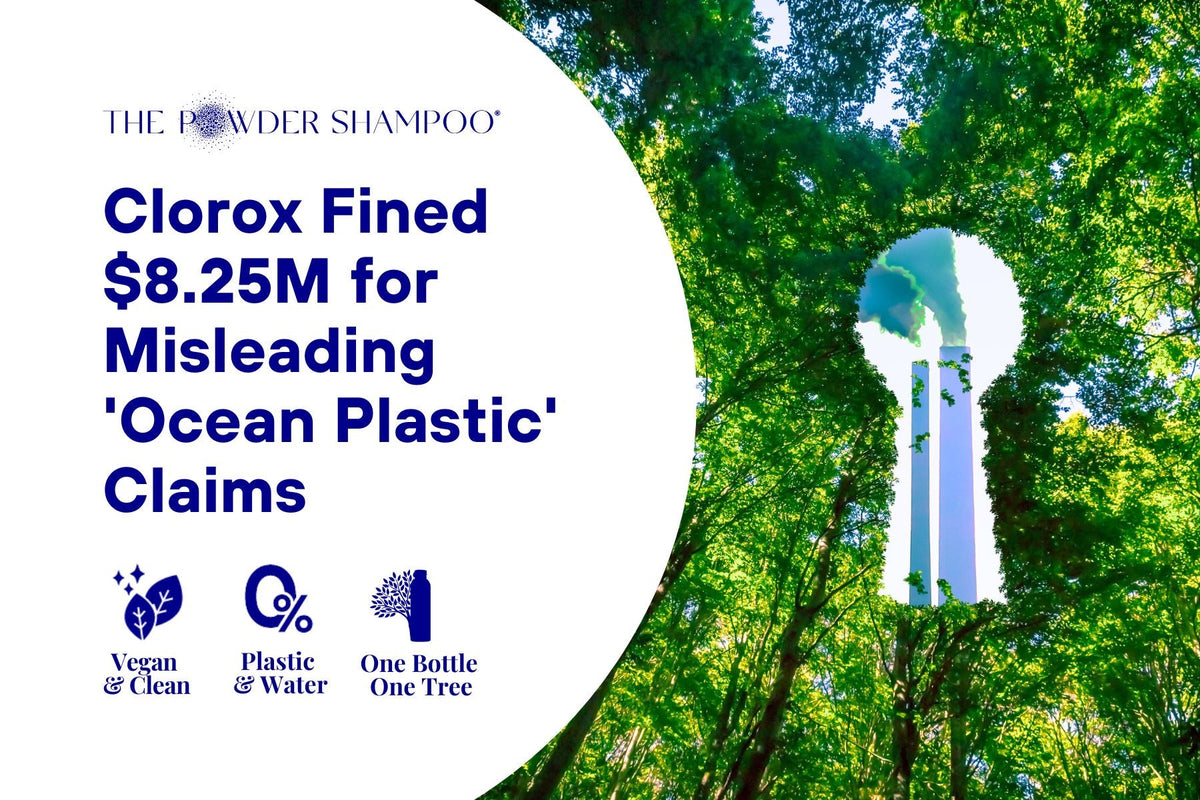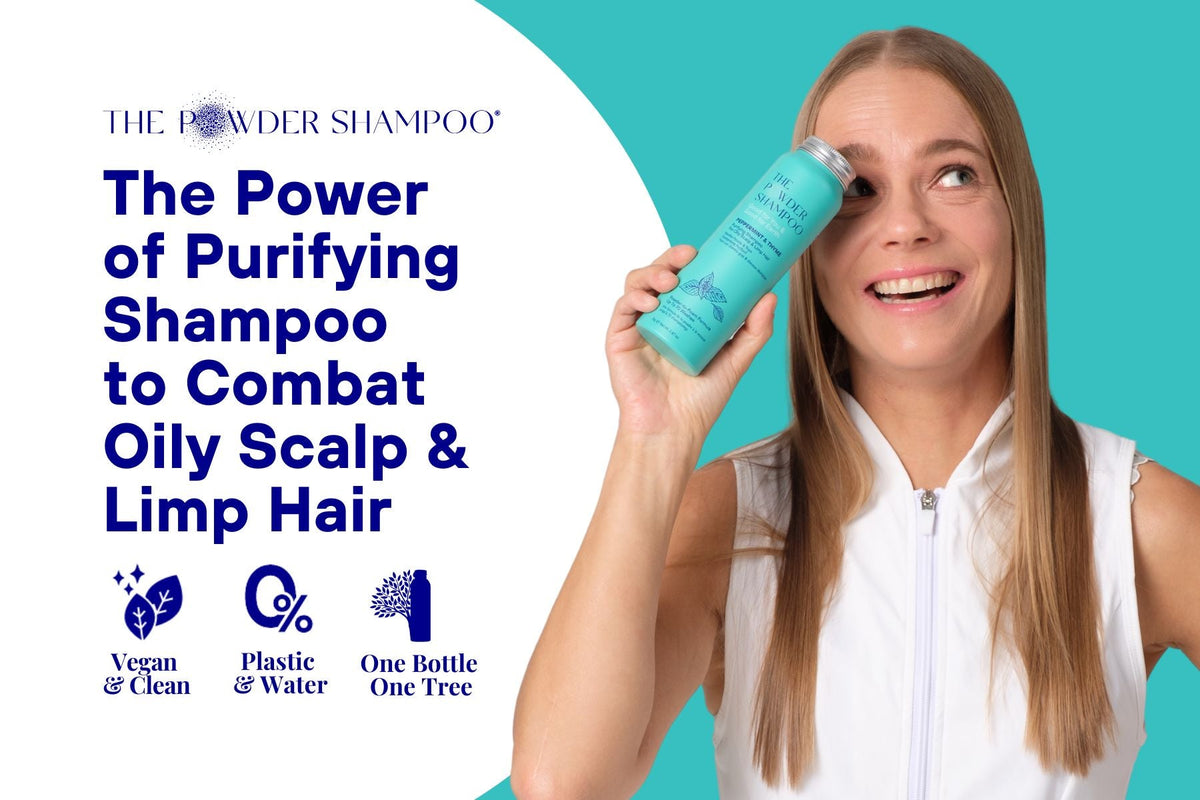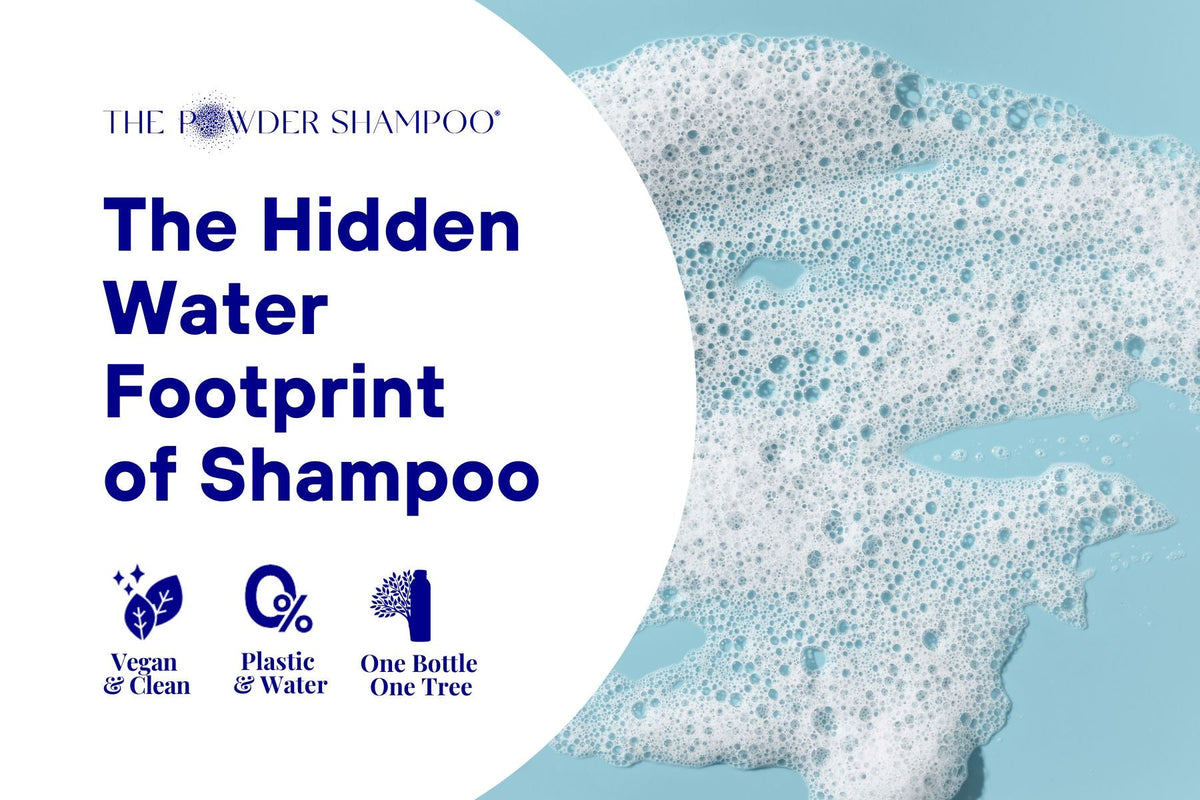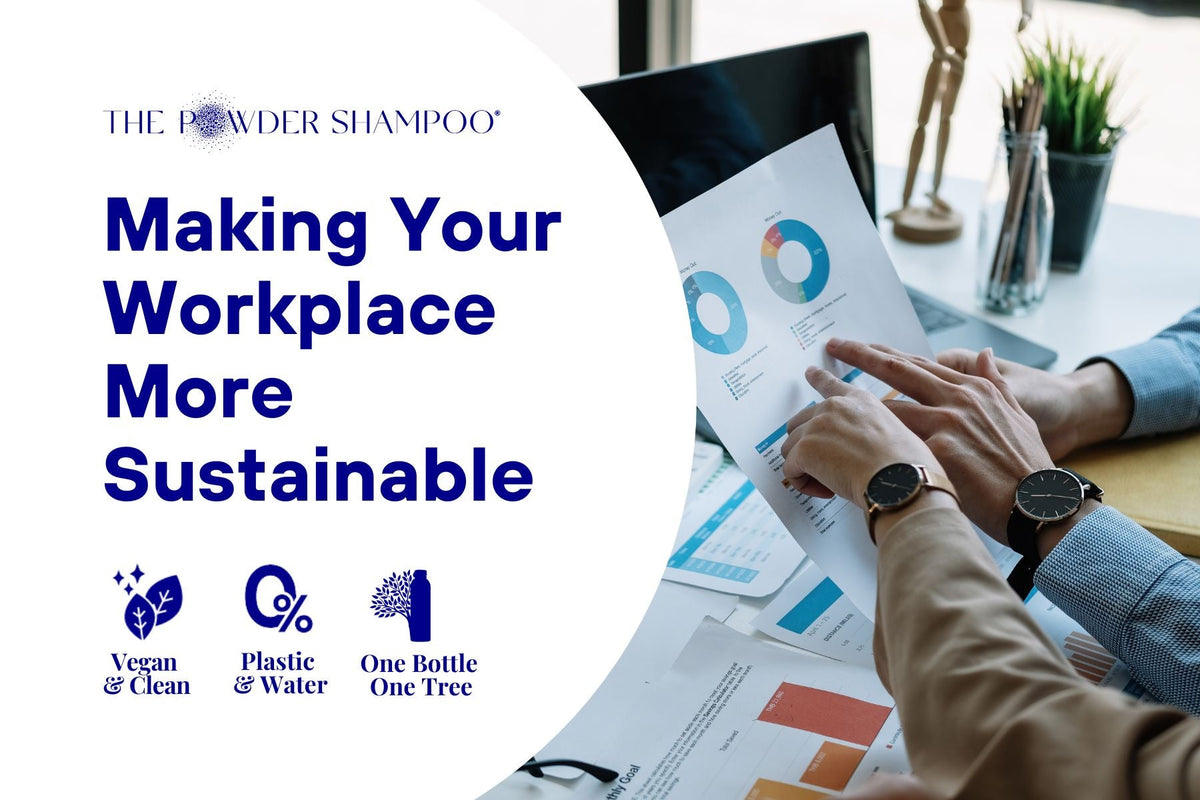Clorox Fined $8.25M for Misleading 'Ocean Plastic' Claims


What It Means for Brands, Consumers, and the Future of Sustainability
Last week, Clorox Australia, the company behind GLAD garbage bags and food wrap, was hit with a $8.25 million fine by Australia's Federal Court for misleading environmental claims — marking one of the most high-profile greenwashing penalties in recent years.

Between about May 2022 and July 2023, the packaging of its large and extra-large Garbage Bags stated ‘50% Ocean Plastic Recycled Garbage Bags’, and ‘Made using 50% Ocean Bound Plastic
The case, brought by the Australian Competition and Consumer Commission (ACCC), centred on the company’s marketing of its “GLAD to be GREEN” garbage and kitchen tidy bags as being made of “50% recycled ocean plastic.”
But according to the court, this was false.

- The plastic was not collected from the ocean or sea, but from inland communities in Indonesia — up to 50km away from the shoreline.
- GLAD sold over 2.2 million units of these bags between June 2021 and July 2023, priced higher than their standard range.
- The packaging — featuring blue bags, wave imagery, and eco-friendly buzzwords — gave consumers the impression they were making an environmentally responsible choice.
- In reality, the court found the claims misrepresented the product’s environmental benefit, breaching Australian Consumer Law.
"There is a particular societal harm that arises when conduct undermines consumers’ confidence in environmental claims." — Federal Court of Australia (Capital Brief, 14 Apr 2025)
Consumer Trust Undermined
The court also took issue with the use of the label “GLAD to be GREEN”, stating that it falsely implied the bags were eco-friendly products. ACCC Chair Gina Cass-Gottlieb highlighted the seriousness of the breach:
“Claims about environmental benefits matter to many consumers and may impact their purchasing behaviour... When those claims are false or misleading, this is a serious breach of trust.” (RNZ News, 15 Apr 2025)
She also noted that because consumers cannot independently verify environmental claims, misleading packaging can distort market competition and disadvantage legitimate brands.
The Consequences for Clorox
As part of the Federal Court’s ruling, Clorox must:
- Pay AU$8.25 million (approx. US$5.2m / NZ$8.88m)
- Publish a corrective statement on its website
- Implement a consumer law compliance program
- Cover part of the ACCC's legal costs

Clorox discontinued the products in July 2023, shortly after the ACCC began investigating. While the company claimed it did not intend to mislead consumers, the court found the effect of the claims was misleading, regardless of intent.
“Environmental claims are useful for consumers only if they are accurate.” — Federal Court

Greenwashing Is Evolving. Are We?
This case is not just about one product. It’s a blueprint for how greenwashing works:
- Vague claims: “Ocean plastic” instead of verified sourcing.
- Strategic visuals: Blue tones, nature icons, and eco fonts.
- No third-party verification: Consumers are left to trust the brand.
And it’s happening across industries. A 2023 ACCC greenwashing review found 57% of surveyed companies made concerning or misleading environmental claims, especially in personal care, fashion, and food packaging.
Watch: The Plastic Pandemic – Unmasking the Recycling Myth
In my TexTalk, I unpack how the recycling system is broken, how brands manipulate “green” language, and what we can do as consumers and professionals.

The Plastic Pandemic – Unmasking the Recycling Myth
What This Means for Business Leaders and Sustainability Teams
As ESG claims face growing scrutiny, this case offers a clear message:
- Transparency is non-negotiable
- Intent does not excuse impact
- Trust must be earned — not packaged

What to do now:
- Audit your sustainability claims — are they accurate, clear, and verifiable?
- Get certified — third-party validation builds credibility.
- Train your marketing teams — green doesn’t mean go unless it’s backed by data.
- Lead with transparency — disclose the full story, not just the good parts.
For Consumers: Choose Consciously — Beyond the “Recycled” Label
A lot of packaging says “made from recycled plastic.” That sounds great — but here’s what you’re not being told:

Recycled Plastic Isn’t the Silver Bullet
- Most plastic isn’t recyclable at all. Only plastics marked #1 (PET) and #2 (HDPE) are widely accepted — and even then, only under ideal conditions.
- Even recyclable plastics can only be recycled once or twice. After that, the material degrades and becomes unusable.
- Recycled plastic still ends up in landfills or incinerators. Recycling doesn’t eliminate waste — it just prolongs the inevitable.
- Recycling systems are broken. Globally, less than 10% of plastic ever produced has been recycled. The rest? Landfill, incineration, or the ocean.

So What’s the Better Option?
- Avoid single-use plastic altogether. Reuse, refill, and choose non-plastic alternatives when possible.
- Don’t be fooled by “eco” buzzwords. “Recycled,” “biodegradable,” and “compostable” don’t always mean what you think — context matters.
- Support brands that are plastic free, not just greenwash it.

Final Thought
Recycled plastic is still plastic — and plastic is a fossil fuel product.
It doesn’t go away. It just goes somewhere else — into landfills, oceans, or air (when burned). The most sustainable plastic is no plastic at all.
📽️ Want to dive deeper? Watch my TexTalk: 🎥 The Plastic Pandemic – Unmasking the Recycling Myth
Let’s stop confusing “recycled” with “sustainable” — and start demanding better from brands, from systems, and from ourselves.

The Plastic Pandemic – Unmasking the Recycling Myth
Blog posts
Featured collection
- Prix ordinaire
- CHF 30.00
- Prix soldé
- CHF 30.00
- Prix ordinaire
-
- Prix unitaire
- par
- Prix ordinaire
- CHF 22.00
- Prix soldé
- CHF 22.00
- Prix ordinaire
-
- Prix unitaire
- par
- Prix ordinaire
- CHF 24.20
- Prix soldé
- CHF 24.20
- Prix ordinaire
-
- Prix unitaire
- par
- Prix ordinaire
- CHF 22.00
- Prix soldé
- CHF 22.00
- Prix ordinaire
-
- Prix unitaire
- par
- Prix ordinaire
- CHF 30.00
- Prix soldé
- CHF 30.00
- Prix ordinaire
-
- Prix unitaire
- par
- Prix ordinaire
- CHF 22.00
- Prix soldé
- CHF 22.00
- Prix ordinaire
-
- Prix unitaire
- par












